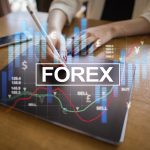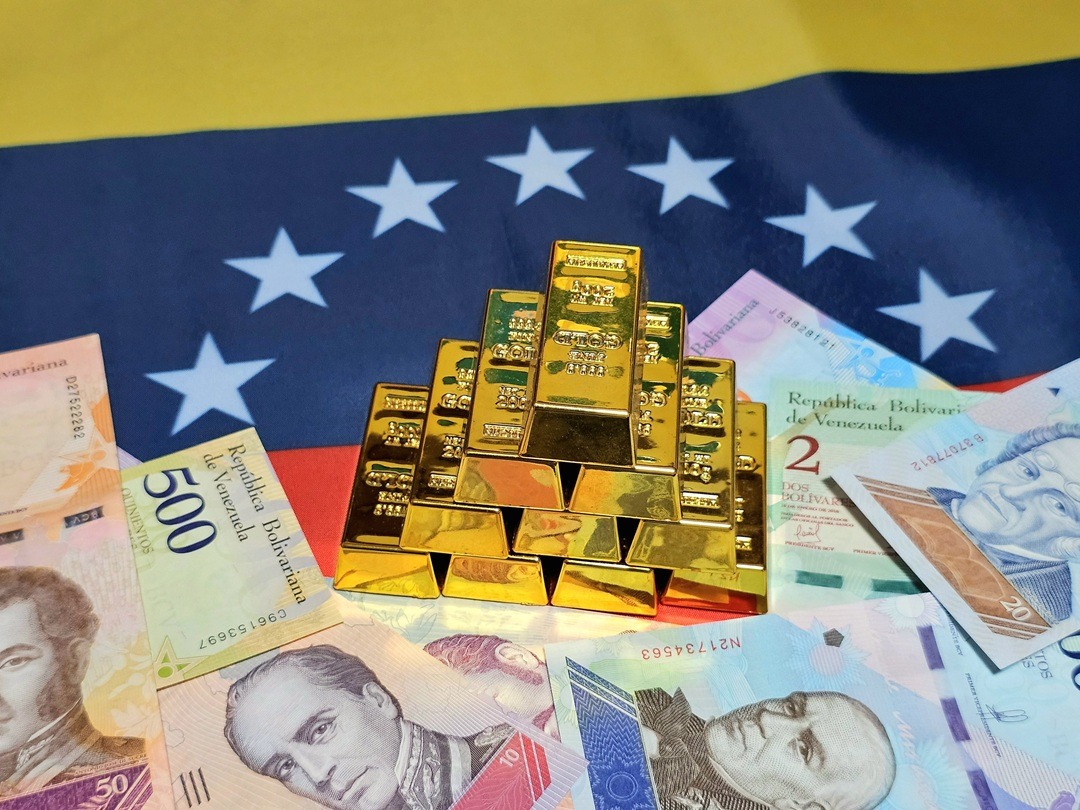What is Forex Trading? How the Forex Market Works?14 min read
Reading Time: 6 minutesThe forex trading is essential to the global economy as it allows individuals, businesses and governments to transact currencies across borders for trading or investing purposes – as well as to hedge against risks associated with international investments and trading activity.
An effective foreign exchange market requires its participants to be able to transact at prices which reflect available information and adhere to accepted standards of behavior. Recent changes in market structure are helping broaden participation.
With its innovative vision in digital banking, The Kingdom Bank is with you in every step you need to meet with forex trading.
What is the Forex Market and Its Structure?
The foreign exchange market is one of the world’s premier exchanges, supporting international commerce by exchanging goods and capital across borders. Its integrity is integral to global financial stability; therefore all industry participants should work to bolster this vital marketplace and help ensure it remains viable.
Financial markets can be broken into three major segments – Currency, Stock and Commodity Markets. Each market possesses its own distinct features and players that may include buyers and sellers as well as intermediaries.
Forex Market buyers include major banks, investment and commercial companies, insurance agencies, hedge funds and private investors. Furthermore, each country maintains their own money markets with exchange rates closely tied to that of the currency market.
Central banks play an instrumental role in price formation, purchasing and selling to reach a certain exchange rate objective during daily fixing sessions.
This arrangement ensures an orderly and transparent market while being effective at stabilizing exchange rates in some countries; however, limited trading activity during fixing sessions could hinder continuous interbank trading activities.

How Does the Forex Market Work?
Forex markets lack a central organization that sets prices and regulates trade; instead, this global network of banks and traders constantly quotes bid and offer prices for currencies.
Banks make profits by taking a percentage of the difference between buying and selling prices – this difference is known as spread and it varies depending on which broker one uses.
Foreign exchange markets play a vital role in financial sector development. They serve as an essential foundation for further developing other financial markets, such as stocks, bonds and derivatives markets.
Furthermore, they assist with efficient allocation of foreign capital while mitigating exchange rate shocks. An active foreign exchange market also facilitates domestic monetary stability while encouraging international investments.
Fostering the proper functioning of the foreign exchange market requires cooperation among banks and other market participants, particularly central bank interference with market activity.
Such interference includes, for instance, regulations that impose minimum spreads for commercial banks, moral suasion to reduce exchange rate volatility or procedures that compel companies to channel most of their transactions through selected banks – which all inhibit market development.
Lack of competition among banks makes it challenging to develop an interbank foreign exchange market in some countries.
This is particularly evident in smaller markets with few large state-owned banks; such instances may necessitate the central bank identifying a group of willing market makers, including posting bid and offer prices for important currencies while organizing multilateral trading sessions and creating an operating committee to facilitate them.
What is Forex Trading and How Does It Work?
Domestic households, businesses and governments worldwide need the ability to safely and efficiently exchange assets denominated in one currency for those denominated in another in order to participate in global trade and investment, and maintain an effective, resilient financial system.
Any transaction should take place at prices reflecting market information accurately while adhering to all accepted standards of behavior.
As one of the only truly global markets that operates 24 hours a day, the foreign exchange market bears special responsibility to provide price signals that reflect how markets interpret and react to developments both inside and outside its boundaries – especially during times of crises.
Historically, foreign exchange market volumes were dominated by interdealer trading – trading between dealers.
However, according to a Triennial Survey by BIS in 2013, nondealer participation has seen rapid increases. This broadening is partly driven by online platforms and their bundle of investor services such as trade execution, settlement financing and custody provision bundled into prime brokerage packages.
Technology has revolutionized the foreign exchange market and expanded its accessibility, from what once was a two-tiered system into something much broader.
While expansion should continue unimpeded, safeguarding market integrity through addressing any misalignments such as misaligned incentives due to trading around benchmark fixings is important as well.
As The Kingdom Bank, we guide you to get acquainted with forex trading.
How to Understand Forex for Beginners?
The Foreign Exchange Market is one of the world’s largest and most liquid financial markets, serving to facilitate international trade and investments by setting exchange rates among various currencies and permitting conversion to national currencies for cross-border payments.
Banks make enormous profits trading forex; particularly in the retail FX market which has experienced rapid expansion since 2000 when brokers began bundling small retail trades to provide liquidity at attractive prices.
Participants of the foreign exchange market include multinational companies operating across multiple countries, banks, investment funds and hedge/mutual funds as well as individual traders utilizing professional forex money managers or trading their accounts themselves online.
Due to its lack of centralized authority overseeing its functioning and the low percentage changes between major currencies relative to each other, trading this market can be highly profitable when executed properly with effective risk management strategies in place.
Contact The Kingdom Bank, which provides reliable services in digital banking and forex trading.

Is Forex Trading Difficult?
The foreign exchange market is an essential element of global finance. It allows individuals, firms and governments to transfer wealth between currencies while supporting international commerce by supporting goods, services and investment across borders; providing price discovery capabilities; as well as supporting price discovery – its continued healthy operation is vital to world economies as a whole.
However, the foreign exchange market is an ever-evolving environment and when broad misconduct threatens its integrity there is a clear need to support and rebuild it by developing and adopting best practices widely.
Technological developments have further broadened participation in the foreign exchange market.
A Triennial Survey by the Bank for International Settlements showed dealers reported trading mostly with non reporting banks; institutional investors including hedge funds and proprietary trading firms; as well as official sector institutions – further altering its traditional two-tier structure as an interdealer-to-client market.
Technology and prime brokerage services have combined to increase institutional client participation in foreign exchange markets.
Institutional clients now access foreign exchange markets directly via multi-dealer platforms while still reaping the benefits of dealing with their trusted single broker and protecting trade information confidentiality – leading to further hybridisation that more closely mirrors equity models than previous versions of FX trading.
At The Kingdom Bank, we provide you with the tips you need to fit your business with forex trading projects.
Is Forex Trading Profitable?
Forex trading is a form of currency speculation where investors buy one country’s currency in exchange for another, hoping to profit by buying low and selling high. Although forex has been around for some time now, only recently has its market been opened up to individual investors.
The foreign exchange market serves global trade and investment by providing liquidity in financial markets. Its integrity and effectiveness rely on all participants observing best practices; unfortunately, recent headlines depict it as not always acting in the best interest of its constituents.
Traditionally, trading in the foreign exchange market has been dominated by interdealer trading, between dealers. But recent data indicate that more of its volume now comes from non dealer participants such as institutional investors, hedge funds and proprietary trading firms as well as official sector institutions.
Substantial activity exists within the derivatives markets as well. FX options made up 12 percent of total turnover in April 2007 and were widely used to hedge against exchange rate movements; while foreign exchange swaps comprised most of the remaining activity.
FX swaps can also be used to finance foreign exchange transactions or hedge other financial market positions – making these instruments an attractive solution for international businesses with significant exposures that need cost-effective management solutions for managing foreign exchange rate exposures.
With The Kingdom Bank, you can quickly meet future trends such as forex trading.
About The Author





